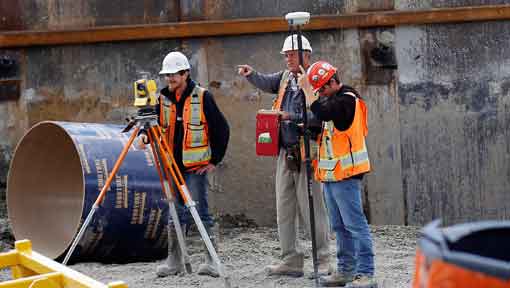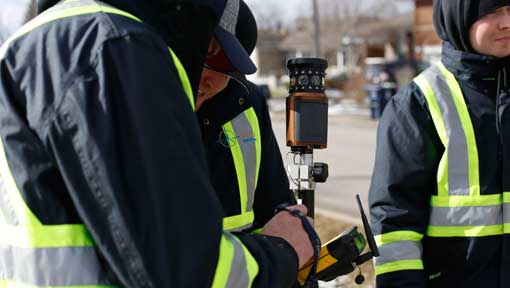Join the IBW Surveyors Team
Explore Exciting Careers
WE TRAIN
We provide in-house training for our team. Through ongoing educational sessions, multiple technical and fundamental subjects are covered.


WE BUILD
We build a strong team by sharing our knowledge on a daily basis.
WE HELP YOU SUCCEED
We are here to help you succeed and we ensure your goals and ours are lined up.


WE INVEST IN YOU
We invest in your education.
WE'RE AHEAD
We have the most up-to-date equipment and software.


WE HAVE FUN
We have lots of FUN! Bring your positive attitude and join our team!
